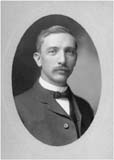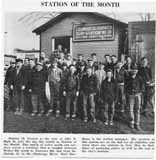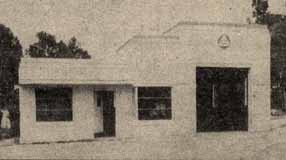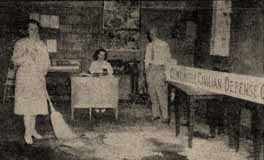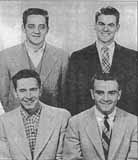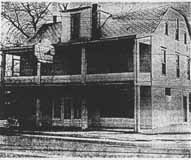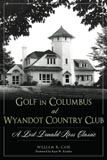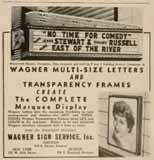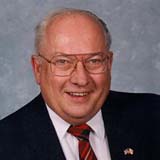 There is no doubt that my book Clintonville & Beechwold, and this ClintonvilleHistory.com web site, would not exist if it had not been for the support and encouragement of Algy McBride.
There is no doubt that my book Clintonville & Beechwold, and this ClintonvilleHistory.com web site, would not exist if it had not been for the support and encouragement of Algy McBride.
I first met Algy in 2007, when I thought I “might” write a history of Clintonville. He was the long-standing president of the Clintonville Historical Society at the time, and enthusiastic about getting the book written. We were strangers, but he opened his house and the wealth of his library and history collection to me. He was an indefatigable source of information about people I should call and stories I should look into.
Algy was intellectually rich and curious, and so active and involved…with the local genealogical society, with the local senior center, with civil war discussion groups, even with the annual Clintonville Fourth of July flag raising ceremony. It takes my breath away even now, thinking back on Algy, his support of his community, his support of me.
Algy’s obituary can be found here
and Southwick-Good’s video tribute can be found here
Algy, we’ll all miss you.
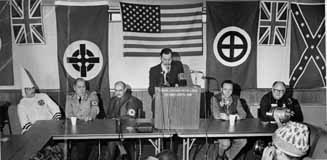 In November, 1977, the Klu Klux Klan held a rally in Columbus, and met at at the Howard Johnson Motor Lodge, which stood on High Street across from Graceland Shopping Center. I’m glad for freedom of speech, sad and mad for what that speech consists of.
In November, 1977, the Klu Klux Klan held a rally in Columbus, and met at at the Howard Johnson Motor Lodge, which stood on High Street across from Graceland Shopping Center. I’m glad for freedom of speech, sad and mad for what that speech consists of. 